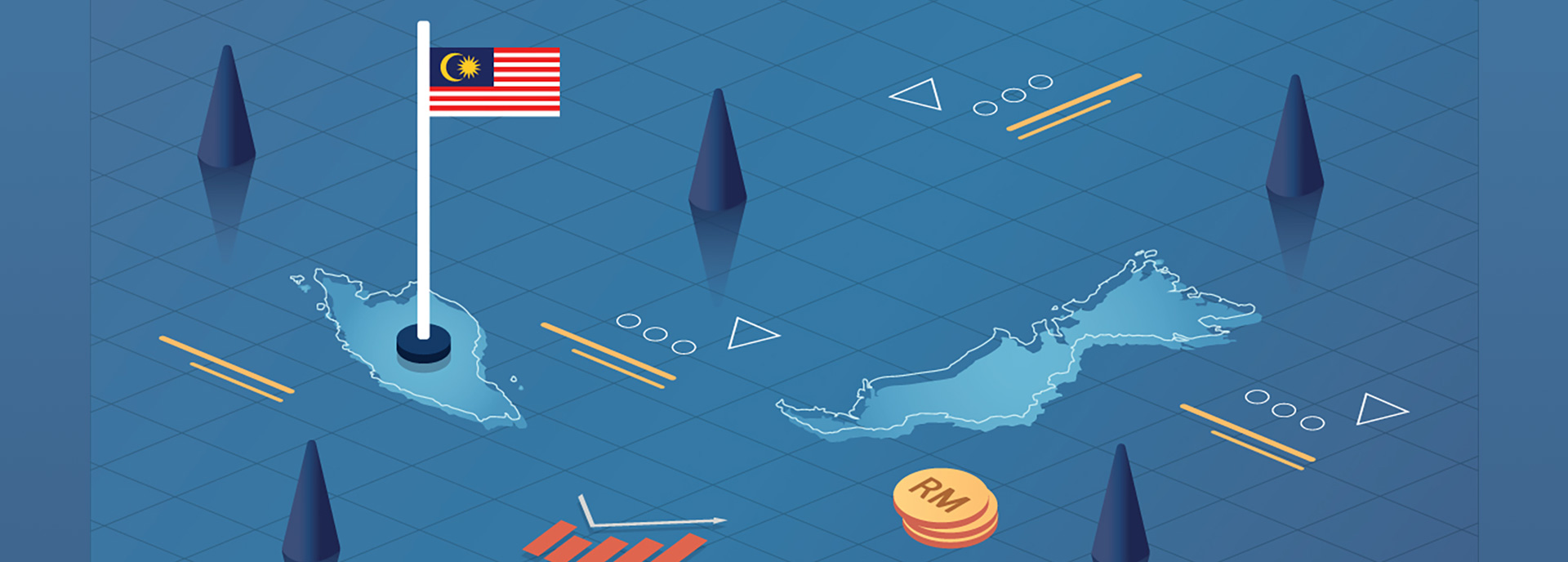

TAKEAWAYS
New requirement for contemporaneous transfer pricing (TP) documentation to be prepared prior to the due date for filing the tax return, removal of the provision for offsetting adjustments, and a new definition of arm’s length range – these are just some of the changes introduced by the Income Tax (Transfer Pricing) Rules 2023 (hereafter referred to as “2023 TP Rules”) to Malaysia’s TP regime.
“With the introduction of the 2023 TP Rules, certain aspects of Malaysia’s new TP regime are becoming more similar to Singapore’s,” shared Adriana Calderon, Director – Asia and Malaysia, and Hong Chuan Tan, Director – Malaysia, Transfer Pricing Solutions Asia, in a webinar organised by the Singapore Chartered Tax Professionals. “Yet, taxpayers cannot assume that the two TP regimes are the same as many nuanced differences, both in terms of actual TP rules and tax authorities’ administration, remain.”

Timeline to prepare TP documentation
Starting from Year of Assessment (YA) 2023, Malaysia taxpayers will be required to include the date on which their contemporaneous TP documentation is completed, and contemporaneous TP documentation will refer to TP documentation that is prepared no later than the filing due date.
Information to be disclosed in a TP documentation
Detailed documentation requirements previously outlined in the Malaysian TP Guidelines have been incorporated in the 2023 TP Rules. Accordingly, Malaysia taxpayers will need to disclose the following information in their TP documentation going forward:
Definition of arm’s length range
Malaysia has narrowed its definition of arm’s length range which is applied to determine the arm’s length price in a controlled transaction. Moving away from the interquartile range (that is, from the 25th percentile to the 75th percentile) used in most tax jurisdictions, the new arm’s length range in Malaysia will be between the 37.5th percentile and 62.5th percentile.
Under the 2023 TP Rules, where the transfer price falls within the arm’s length range, such price will generally be considered to be at arm’s length. Conversely, where the transfer price falls out of the arm’s length range, an adjustment will be made to move the transfer price to the median.
The Inland Revenue Board of Malaysia (IRBM) may further adjust the transfer price (to the median or any point above the median and within the arm’s length range) if the uncontrolled transactions have lesser degree of comparability, or if the comparability defects cannot be quantified, identified, or adjusted.
Offsetting adjustments
Prior to the 2023 TP Rules, any TP adjustments made by the IRBM on one of the persons in a controlled transaction may be offset by an adjustment on the assessment of the counterparty in that transaction upon request. This will no longer be the case under the 2023 TP Rules.
This change to offsetting adjustments will impact domestic controlled transactions, where a TP adjustment is made on a taxpayer, but the counterparty taxpayer is not eligible to apply a corresponding relief. This may lead to double taxation.
Use of data from years prior or after basis period
The IRBM used to allow the application of data for comparability from other years prior to or after that basis period if complete and accurate data are available. Under the 2023 TP Rules, however, the application of data for prior years can only be used to assist in the selection of the comparable, and not for the use of multiple year averages (weighted average).
Special voluntary disclosure programme
A special voluntary disclosure programme has been introduced by the IRBM to provide an opportunity for taxpayers to come forward voluntarily to declare their correct tax position and rectify any errors made in the past.
The programme offers full waiver on penalties and surcharges and is effective from 6 June 2023 to 31 May 2024. No audit or investigation will be undertaken for the YAs for which the voluntary disclosure is made.
The programme covers both direct and indirect taxes and is applicable to TP issues. Taxpayers may take this chance to review their TP policies and documentation to assess if there are any TP risks or gaps that need to be addressed.
With the changes to the Malaysian TP regime, what are some areas that businesses may need to reassess to ensure TP compliance? Let’s take a case of SingCo, a Singapore company in the software business.
Background
SingCo purchases software licences from third-party suppliers and onsells these licences to its subsidiaries in Malaysia, Thailand, and Vietnam.
The subsidiaries distribute the software licences to third-party customers in their respective countries, while SingCo distributes to third-party customers in Singapore and countries with no related parties.
SingCo also provides management services to the subsidiaries.
Considerations for Malaysia TP purposes
For Malaysia TP purposes, assuming that the Malaysia subsidiary (MY Sub) has already put in place its TP policy and prepared its TP documentation, it will need to review such TP policy and TP documentation to ensure that they remain relevant under the new 2023 TP Rules.
For example, MY Sub will need to update its TP documentation for the relevant YA to disclose additional information as required by the 2023 TP Rules, such as group-level information and information on the taxpayer’s business.
Beyond the additional disclosure requirements, MY Sub will also need to consider whether the existing transfer price based on its TP policy will continue to fall within the new arm’s length range in Malaysia (that is, between the 37.5th percentile and 62.5th percentile). If otherwise, MY Sub will need to perform a benchmarking analysis to arrive at a new transfer price within the new arm’s length range. Failure to do so may prompt the IRBM to make TP adjustments and may attract further surcharge.
In practice, it is noted that the IRBM has a preference for local comparables for benchmarking analysis. The Inland Revenue Authority of Singapore (IRAS), on the other hand, is generally more open to regional comparables when taxpayers are unable to find sufficiently reliable local comparables.
Assuming that the benchmarking analysis is performed by SingCo using Singapore comparables or regional comparables, MY Sub must consider localising the benchmarking analysis using local comparables for Malaysia TP purposes given IRBM’s strong preference for local comparables.
To support the mark-up imposed on the management fees, MY Sub’s TP policy and TP documentation should cover the specific services performed by SingCo and explain how MY Sub benefited from such management services rendered. Ultimately, MY Sub will need to convince IRBM that the amount of management fees paid provides a commercial benefit and is reasonable for the level of management services that MY Sub received from SingCo.
The introduction of the 2023 TP Rules brings about several important changes to the Malaysia TP regime. Malaysian taxpayers should review and update their TP policies and TP documentations for the relevant YAs. Malaysian taxpayers looking to rectify prior year TP errors may consider the special voluntary disclosure programme available till 31 May 2024.
Felix Wong is Head of Tax, Singapore Chartered Tax Professionals.